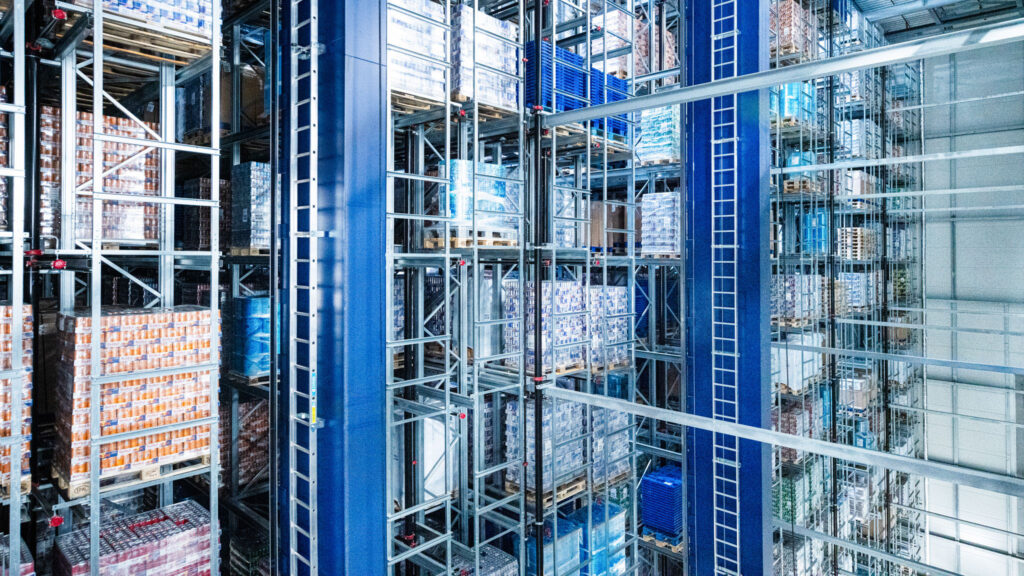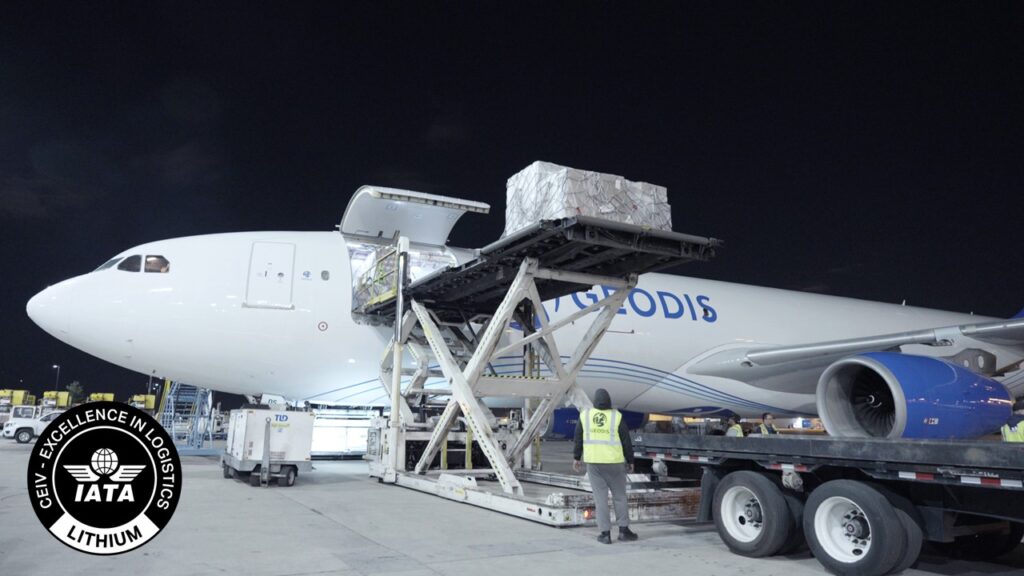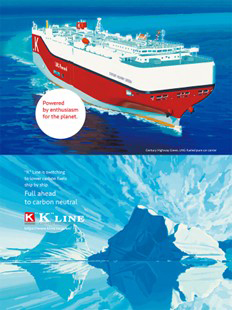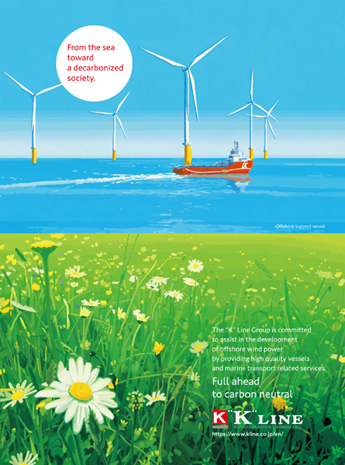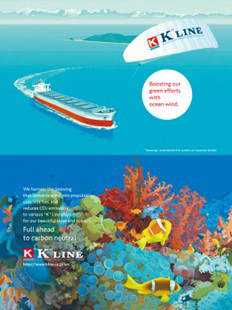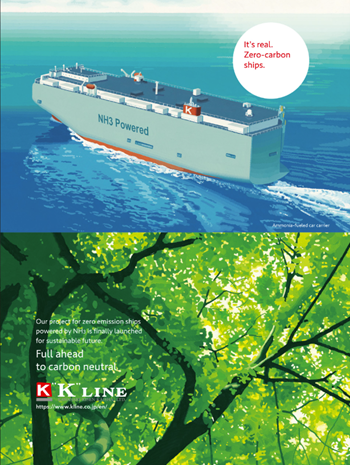The latest analysis from international freight insurer, TT Club and business improvement consultants BSI SCREEN, reports dramatic 2022 year-on-year increases in freight crime in Chile with incidents of theft estimated at 27% up on pre-pandemic levels.
- A 450% increase in the frequency of insurance claims in 2022
- Increased value of claims over same period of 820%
- Over half of cargo crime incidents involve hijacking
- Insider threat heightened due to socio-economic factors
- Most common commodities targeted were electronics (25%) and foodstuffs (20%)
TT Club has once more come together with BSI SCREEN, this time with the Logistics Association of Chile (ALOG) and the crime investigation unit, Signum Services (an associate of TT within the Thomas Miller Group), to focus on a worryingly dramatic trend in the Chilean freight transport sector. The extensive report, based on the wide-reaching data resources of the four organisations, has recently been published. Entitled ‘Freight crime in Chilean supply chains’ it is available for download HERE
In an introduction to the risk landscape, the report notes that pandemic-induced measures such as quarantine, restrictions in movements, curfews and had the effect of reducing the incidence of cargo theft for much of 2020 and 2021. However, last year, with such limitations lifted, levels of crime sprung back with vengeance to 27% higher than pre-pandemic levels, according to ALOG data.
“The underlying factors that seem prevalent in explaining the alarming statistics seem to be predominantly social and economic in nature,” comments TT’s Managing Director of Loss Prevention, Mike Yarwood. “Inflation, increases in the cost of living and social unrest have motivated individuals to turn to crime. These circumstances, which also encourage a larger black market, particularly in foodstuffs, instil heightened criminality in the population.”
Indeed, the report found that criminal organisations that are behind much of the theft have exploited to a greater degree than in the past those employed in the supply chain, to provide valuable data and information on cargo flows, nature of loads and an ability to falsify delivery instructions. Labour strikes, also common in a recession, create pinch points in the usual smooth flow of goods. Such locations become a focal point for crime. The reported statistics show that second to hijacking as a mode of theft (57%), is the combined activity of stealing from a facility or of a vehicle itself, when cargo is at rest, contributing to 32% of all incidents.
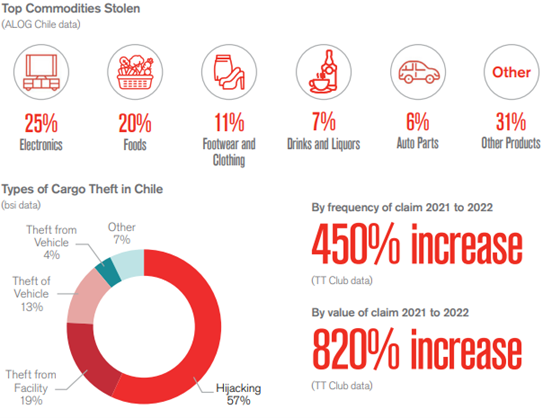
“A primary goal of TT in participating in this report is the same as that of our partners at ALOG and BSI,” says Yarwood. “It is to create a greater awareness of the threats, so operators can take mitigating protectionist steps. To this end, our report carefully details two of the primary strategies used by the criminal fraternity, – hijacking and the use of insider knowledge and cooperation. The report also provides a well-researched case study on the role criminal organisations are playing in infiltrating the supply chain in Chile, and throughout Latin America.”
As with all awareness reports of this nature, TT and its co-authors are keen to offer guidance on how such theft risks can be alleviated with advice, in particular on combatting the criminal device of fictious pick-ups. The report contains a long list of measures from secure verification procedures and driver ID checking to staff training in identifying suspicious circumstances and monitoring through tracking technology to ensure shipments are being delivered correctly.
“With the help of our partners, utilising a wide range of in-depth data resources, TT will continue to research cargo crime internationally in order to forearm the supply chain industry with information on trends in such damaging losses,” concludes Yarwood.
ENDS
About TT Club
TT Club is the established market-leading independent provider of mutual insurance and related risk management services to the international transport and logistics industry. TT Club’s primary objective is to help make the industry safer and more secure. Founded in 1968, the Club has more than 1100 Members, spanning container owners and operators, ports and terminals, and logistics companies, working across maritime, road, rail, and air. TT Club is renowned for its high-quality service, in-depth industry knowledge and enduring Member loyalty. It retains more than 97% of its Members with a third of its entire membership having chosen to insure with the Club for 20 years or more.
About BSI
BSI is the business improvement and standards company that enables organizations to turn standards of best practice into habits of excellence, ‘inspiring trust for a more resilient world’. For over a century BSI has driven best practice in organizations around the world. Working with over 77,500 clients across 195 countries, it is a truly global business with skills and experience across all sectors including automotive, aerospace, built environment, food and retail and healthcare. Through its expertise in Standards and Knowledge, Assurance Services, Regulatory Services and Consulting Services, BSI helps clients to improve their performance, grow sustainably, manage risk and ultimately become more resilient.
To learn more, please visit: www.bsigroup.com
About BSI Supply Chain Services and Solutions
BSI Supply Chain Services and Solutions is the leading global provider of supply chain intelligence, global supply chain verification auditing services, audit compliance and risk management software solutions, and advisory services. BSI’s supply chain services and solutions and services can work independently to address specific needs or combined together to gain unparalleled visibility into your global operations. Implementing BSI’s holistic supply chain risk management suite provides organizations with a complete solution for a more sustainable and secure supply chain.
To learn more, please visit www.bsigroup.com/supplychain
About ALOG Chile
The Logistics Association of Chile – ALOG Chile A.G., is the entity that brings together Logistics Operators, Freight Forwarders, and Logistics Service Providers at a national level. ALOG Chile A.G. consists of approximately 90 member companies, categorized as Active members, Collaborative members, and Independent Professional members, encompassing 90% of the national market.
In its spirit of multi-nationalist work, ALOG Chile A.G. participates in the International Committee of the National Chamber of Commerce (CNC) as an active member. Internationally, it is a member of the International Federation of Freight Forwarders Associations (FIATA) and has a collaborative working agreement with the Colombian Federation of International Trade Logistics Agents (FITAC).







